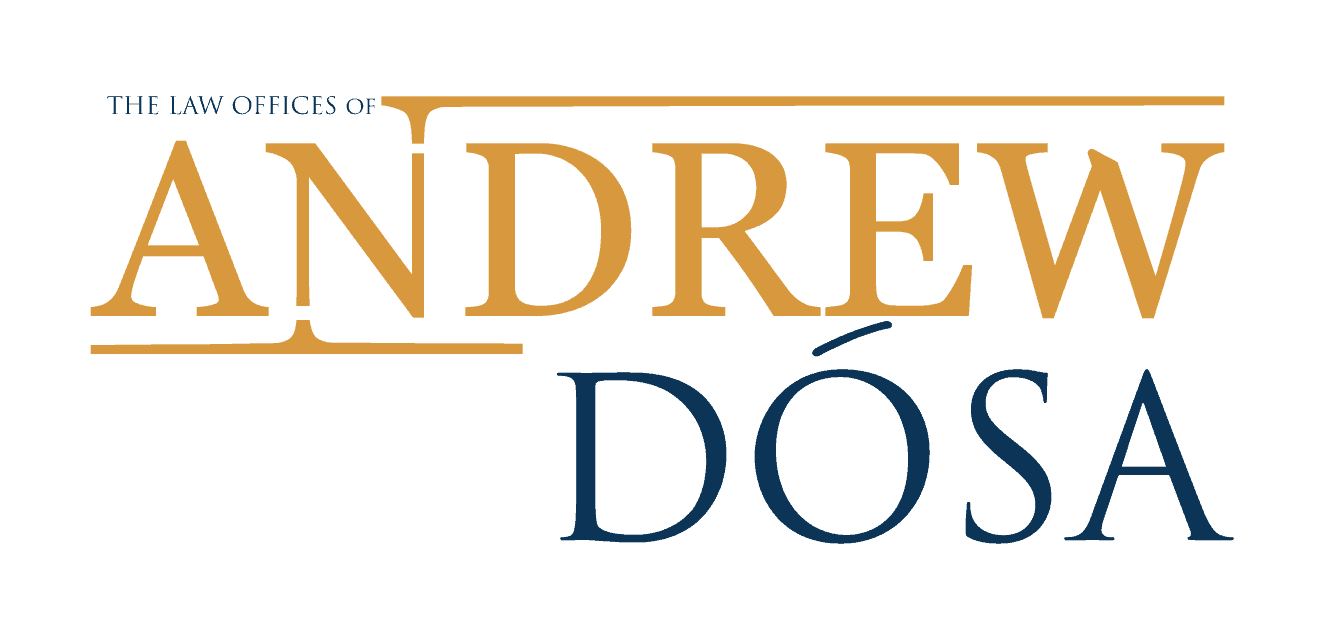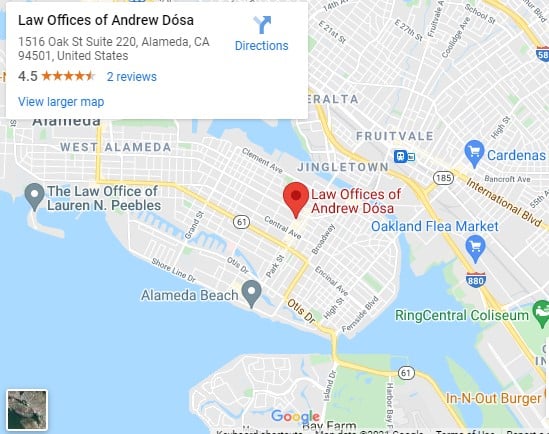Trust Attorney in Alameda, CA
When it comes to planning for your future, a trust can provide many benefits to your estate that a will cannot. But to establish a trust that fits your needs, you need an Alameda trust attorney who is knowledgeable and experienced in California trust law.
The Law Offices of Andrew Dósa is committed to helping people protect their assets through exceptional service, outstanding representation, and aggressive advocacy. With decades of experience on both sides of the courtroom table, we will work tirelessly for each client’s best interests while delivering honest advice every step of the way. Schedule a consultation with us to find out how we can help protect your family’s future today!
Why do I need a trust?
While a last will and testament provides a way for your final wishes to be carried out, having a trust in place allows you to protect your legacy in ways that a will cannot. For one, assets and property in a will need to go through the probate process before it can be distributed to your beneficiaries. Our Alameda California law firm can provide legal assistance in creating a trust to avoid probate, protect your assets, and safeguard your legacy.
What’s the difference between revocable and irrevocable trusts?
A trust is a legal arrangement that transfers a person’s assets and property into a trust and distributes the estate to the trust beneficiaries once the trustor dies. Since a trust is a legal entity, it’s often used to avoid probate.
If you’re considering adding a living trust to your estate plan, there are two types of trusts to choose from: revocable and irrevocable. As the name implies, a revocable living trust allows you to modify or revoke the trust, while an irrevocable living trust does not. Consult an experienced trust attorney to discuss the advantages of each and determine which type best fits your estate planning needs.


